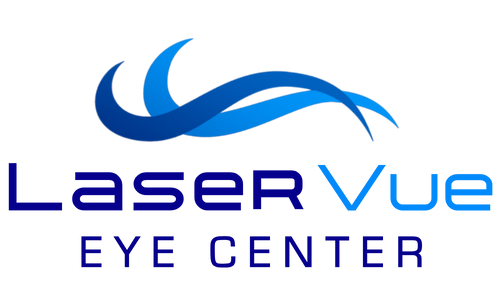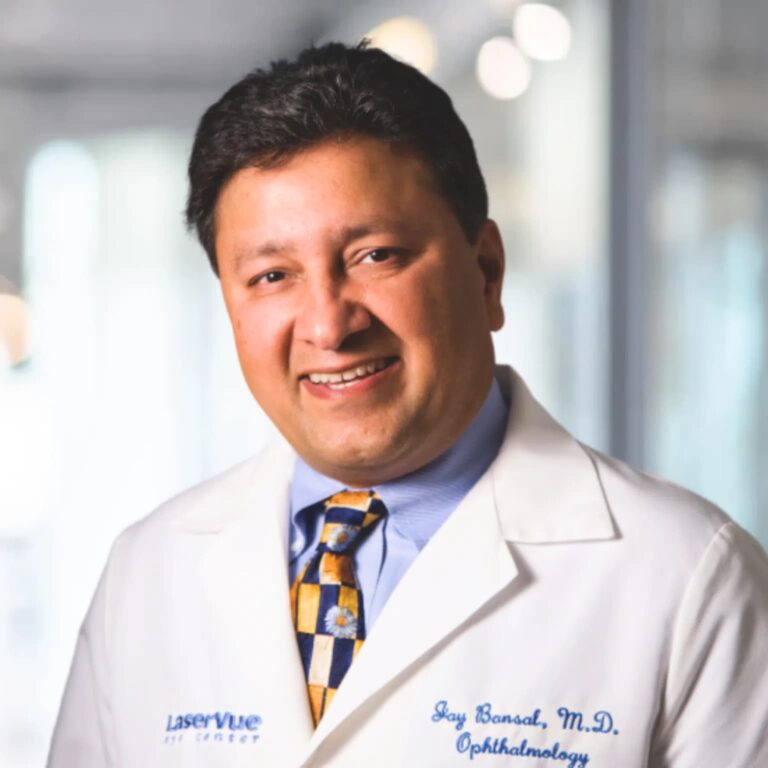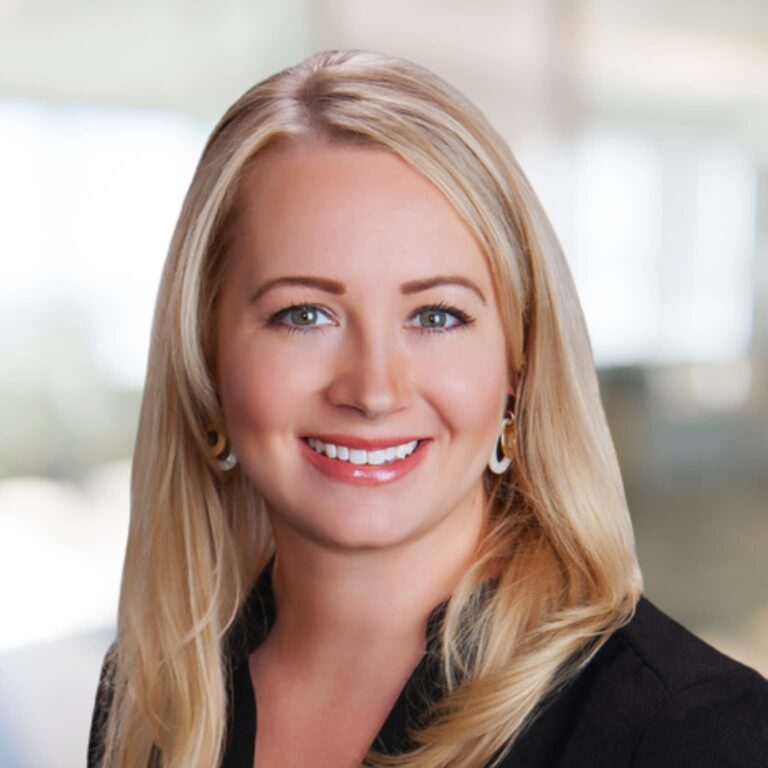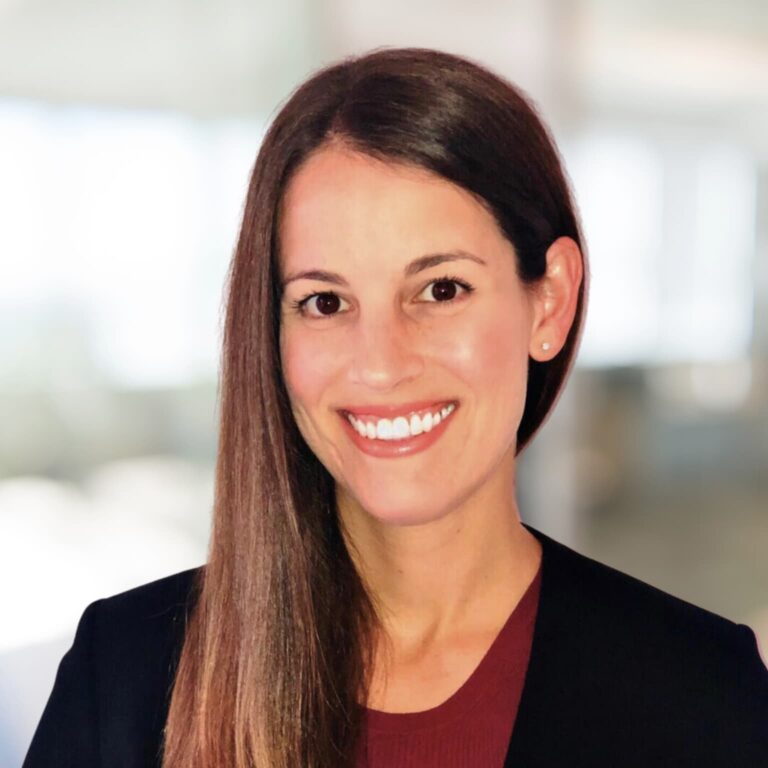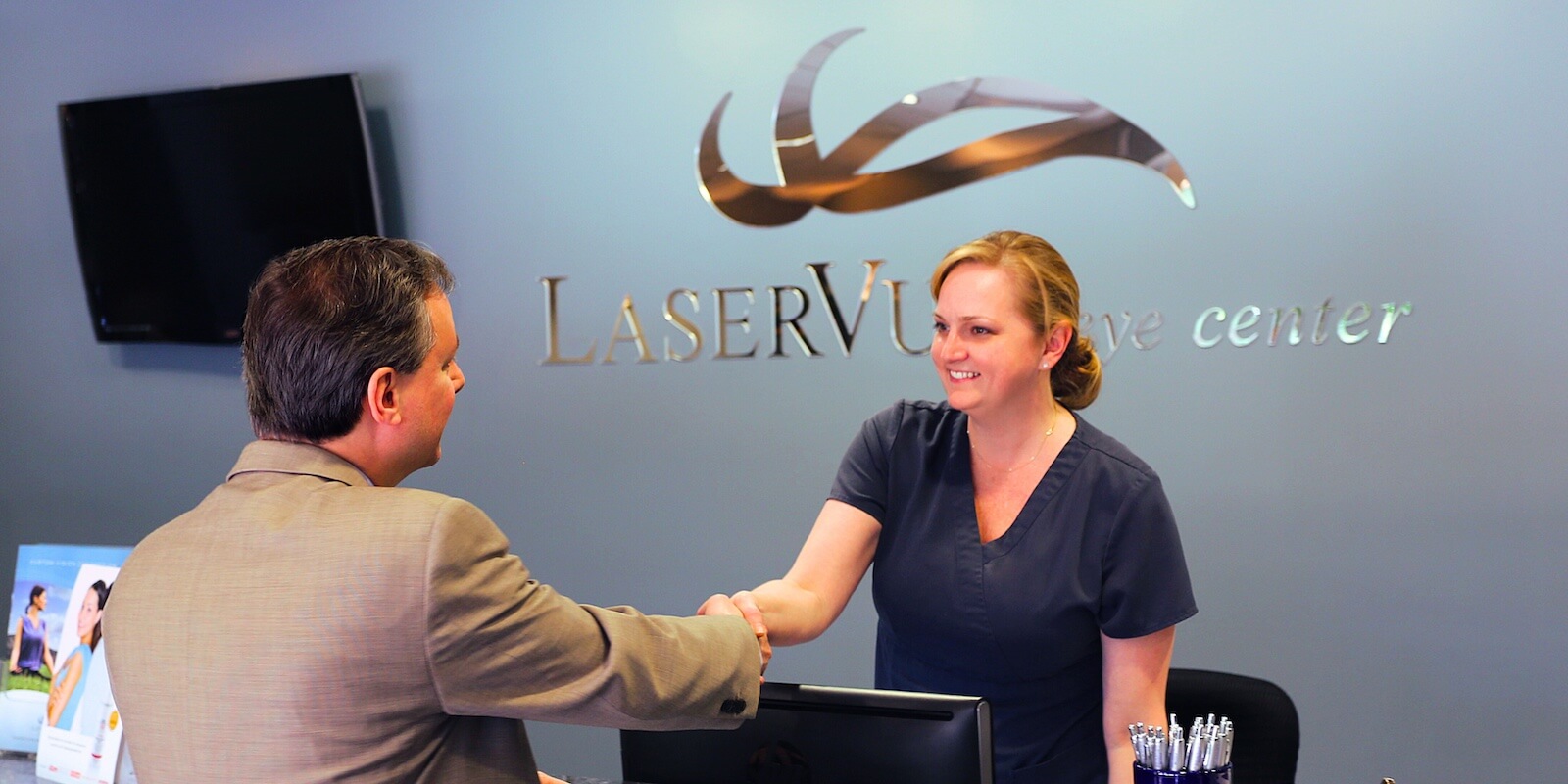What Should I Do If I Suspect That I Have A Cataract?
If you suspect a cataract, please call LaserVue Eye Center at 1-800-527-3745 to schedule an evaluation with Jay Bansal, MD. Dr. Bansal provides cataract surgery in San Francisco Bay Area and Santa Rosa.
What Should I Expect When Undergoing Cataract Surgery?
Unless you have special health problems or insurance requirements, your surgery will be performed at LaserVue’s comfortable, friendly, and accredited outpatient surgery center.
In your procedure, your eye is numbed with anesthetic. There is little pain or discomfort associated with cataract surgery. You also will receive anti-anxiety medicine through an IV to ensure you are relaxed and comfortable throughout the procedure.
Although it may vary, this procedure usually takes 15 to 30 minutes. Patients typically arrive an hour before surgery, and stay about 45 minutes after the procedure before going home.
Preparing for Cataract Surgery
Following your diagnosis, you will be given a procedure date. Before your procedure, we need you to get surgical clearance from your primary care physician. We will provide the form; please have your doctor complete a physical within two weeks of your surgery.
Eye Drops
Antibiotic and anti-inflammatory eye drops are administered three times a day for three days before cataract surgery, as instructed by your surgeon. You will also use these drops following your procedure, so bring them with you to your surgery center.
Transportation
Please arrange for someone to drive you to and from the surgery on the day of your procedure. You cannot drive yourself home. However, you will likely be able to drive to your post-operative visit the next day (assuming you were driving originally).

What Happens During Cataract Surgery?
Cataract surgery involves removing the cloudy natural lens and replacing it with an intraocular lens implant (IOL). Dr. Jay Bansal uses state-of-the-art microsurgical techniques using a sophisticated ultrasonic device (phacoemulsification) to remove the lens and replace it with the intraocular lens implant. The implant is held in place by the outer capsule that surrounds your original lens.
The IOL implant helps your eye focus properly after surgery but you will most likely need glasses for reading, which are prescribed about four weeks after surgery.
Intraocular lenses are about the size of Lincoln’s head on a penny and weigh the same as a kernel of corn. They are polished to the precise curvature needed to bend light rays into focus on the retina at the back of your eye.
At LaserVue Eye Center, we use the new IOL Master technology to provide the most accurate measurements to determine the correct power of your IOL.

What to Expect After Surgery
Rest after surgery and below are acceptable levels of activities. Your vision will still be blurry, which is normal. Remember, do not drive on the surgery day and do not drink alcohol as we have given you a light sedative.
Do not rub your eye. If instructed, wear a shield over your eye at night until told otherwise. You may shower but avoid getting water directly in your eye.
You will be given eye drops to use beginning the day of surgery. The antibiotic and a steroid drop. Please use both drops four times a day until instructed otherwise. Here is one way to apply eye drops:
It is Normal to Experience
Scratchy, sand-like feeling. This is due to slight irregularities at the site of the wound. Using artificial tears to lubricate the eye will help these symptoms.
Slight eye ache or headache the first day. It’s okay to take Tylenol or a non-aspirin over-the-counter pain medication for this feeling.
Discharge. Some eye discharge is normal following surgery. Small amounts of mucous may collect in the eye during the day and may be on the eyelashes in the morning. This may be removed with sterile cotton balls or a clean wash cloth and warm water.
Please call us immediately if you experience:
Call us at LaserVue Eye Center 1-800-527-3745 if you have any questions about cataract surgery or if you would like to schedule an appointment with Dr. Bansal.

Day of Cataract Surgery
Wear loose fitting clothing the day of cataract surgery.
When you arrive, a nurse will check your blood pressure, temperature and pulse and ask a few questions to make sure that you are well prepared for your surgery.
We will apply eye drops to dilate your pupil and numb the eye. Medication inserted through an IV will relax you, and may make you a little drowsy. Your anesthesiologist will review your medical history. Blood pressure and heart monitors will be attached and you will be covered with sterile drapes.
In the operating room, there will be more eye drops; we’ll wipe your face with alcohol and betadine.
You will be able to breathe easily all through surgery; oxygen will be available by way of a tube directly in front of you.
Your surgery should only last 15 minutes and during that time you will be awake. Being awake during surgery is a lot safer and more comfortable for the patient. Let us know if you need to cough or sneeze. You will be asked to look at the microscope light. If you feel any discomfort, we will immediately administer more medication.
Most San Francisco / Santa Rosa cataract surgery patients are pleasantly surprised at how quick and easy the surgery is. We’ll apply more eye drops after surgery. Usually, a patch is not required. You will rest for about 30 minutes while being monitored carefully and given something to eat and drink. Then you will be permitted to leave. Total time at the surgery facility is usually about two hours.
Please contact us with any questions or concerns. We are here to assist you in any way.
Activities
Unless your surgeon instructs otherwise, you may resume non-strenuous activities immediately after surgery. This includes: walking, watching TV, reading, bathing or showering (keeping the eye dry for the first few days), eating what you what. One week after surgery you may resume more activities such as golf, dancing, playing tennis, very light weightlifting and moderate exercise.
You may resume all activities after two weeks including more strenuous exercise.
Glasses
Typically, new glasses may be prescribed in four to six weeks. In the mean time you may wear your old glasses as they will protect the operated eye from bumps and rubbing and help the vision in your other eye.
Sensitivity to light may occur after surgery for a short while. We will provide sunglasses that will fit over your old glasses. If you are comfortable in the sunlight, you may go without them.
